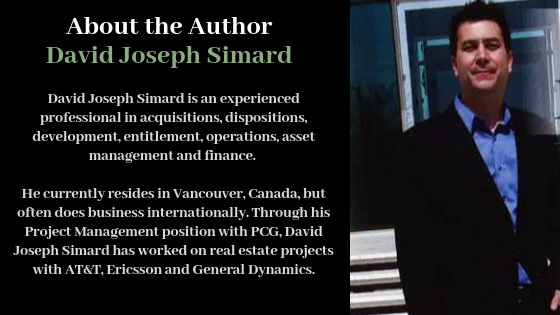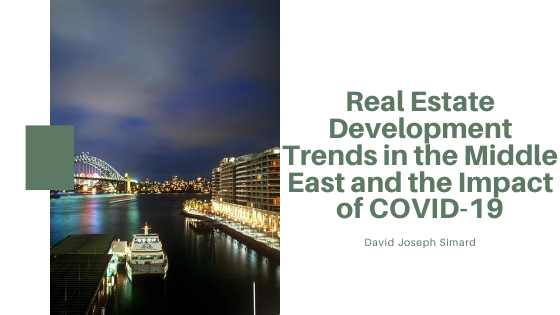As a result of the ongoing pandemic, the global real estate market has taken a significant blow. The Middle East is no exception. While the novel coronavirus has undoubtedly taken a toll on real estate development projects in the region, when it comes to planning development projects for the future, several influential ideas are guiding broader trends.
The Impact of COVID-19
Like many regions around the world, the Middle East continues to endure the pandemic’s impact, particularly in the real estate industry. While some Middle Eastern nations like the United Arab Emirates (UAE) responded preemptively to the virus, others either had initially-delayed responses or lacked the resources to implement any productive containment practices. The most noticeable impact of the pandemic on real estate development lies with the inability of renters and homeowners to pay their rent/mortgage. Through stimulus packages and other economic solutions, regional governments aimed to alleviate this concern. The pandemic has also hindered development projects as well as the hospitality industry and its survival. The impact to the expat rental market was extremely hard hit, as many expats left the region to return to their native countries.
Environmental and Sustainable Development
As sustainability continues to become a prominent player on the world stage when it comes to development, construction, and expansion, the Middle East is seriously taking the need for environmentally-sound and resourceful practices. With real estate accounting for more than a third of all carbon emissions in the world and the global urban population rapidly increasing, Middle Eastern real estate developers understand the need for sustainable practices to combat the negative environmental impact that real estate tends to have. Another motivating factor in such discussions is increasing food shortages in the Middle East; some nations, like Bahrain, import a vast majority of their food, which is costly and unsustainable. Because of food shortages, prevailing trends in new real estate development projects involve sustainable farming methods and supplying clean water to residents.
The advent of “agritechture,” which includes advanced technological solutions for sustainable, independent agriculture, is also slated to be a predominant feature of new Middle Eastern development projects. By and large, a driving force of real estate development in the Middle East includes green solutions, sustainability, and efficient solutions.


